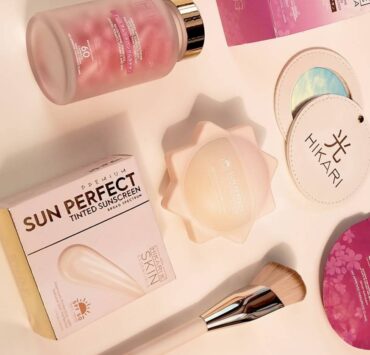Perfumers are artists, too
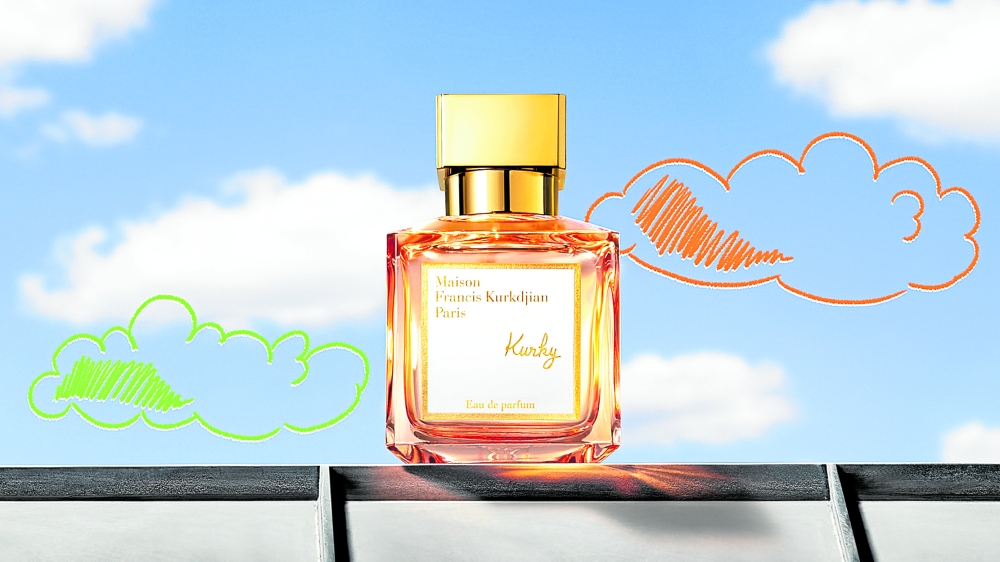
Perfumery is the only creative industry where theft is made possible, lamented Maison Francis Kurkdjian (MFK) cofounder and CEO Marc Chaya during his recent visit to the Philippines.
In an exclusive interview with Lifestyle at the newly opened MFK boutique in Greenbelt 5, he expressed vexation over the maltreatment of perfumers and the celebration of copycats. He felt so strongly about the interlaced issues that he emphasized it again during a separate luncheon held in honor of their newest, quirkiest fragrance yet.
Named after the childhood moniker of Francis Kurkdjian, renowned perfumer and Chaya’s business partner, “Kurky” is a buoyant disruption of the heaviness and seriousness of the current luxury fragrance landscape, an act of sunny rebellion.
“‘Kurky’ is about awakening our inner child. It’s about awakening our almightiness, our ability to dream big, to play, to be non-serious, to be humble, to do whatever we want,” said Chaya, recalling Kurkdjian’s observation of how children imagine beautiful shapes in a cloudy sky, but all adults see is how it might just rain.
“It came to us a few years ago when Francis was scanning the market and, seeing more and more seriousness, more and more luxury as institutional, dark, always super powerful, he felt he wanted a little bit of joy,” he added. Activism never smelled so sweet.
It is that very same sense of activism that started their collaboration back in 2009 to create the luxury fragrance brand during a time when there wasn’t even really a luxury fragrance industry to speak of.
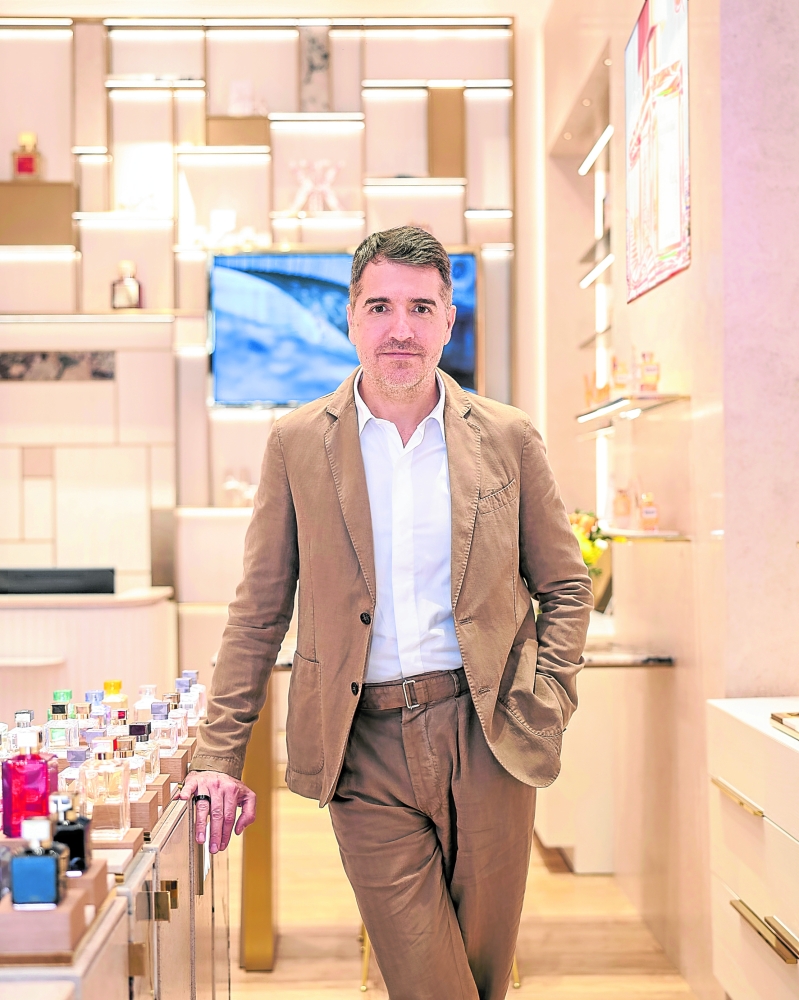
Phenomenon of dupes
It takes genuine artistry to concoct an experience through something that’s practically invisible, intangible, and inaudible. “Those who are capable, like Francis Kurkdjian, come up with a very high emotional proposition that seduces millions of people around the world,” said Chaya, who is thrilled to be able to also stretch his artistic muscles (just as Kurkdjian gets to exercise his own entrepreneurial acuity) in running the company.
But since the fragrance formula cannot be protected, perfumers cannot protect their creations, resulting in the proliferation of dupes.
“The phenomenon of dupes is a shameful phenomenon made by opportunistic people who steal other people’s belongings to market something that is already working,” said Chaya. “If I steal your car, I can sell it for $5. Well, if you steal my Baccarat Rouge 540, you can sell it for $5, and today, no one is going to put you in jail because you have the right to steal it. This is the only creative industry where theft is made possible.”
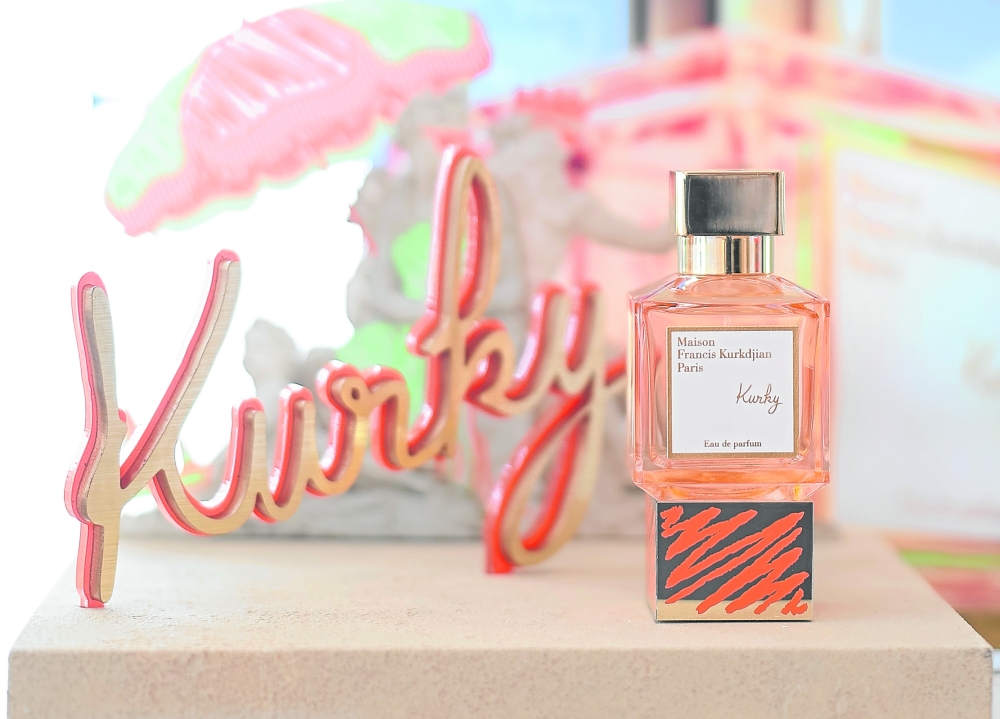
What’s happening in the fragrance world is much like what is happening between fast fashion, which is market-driven, and high fashion, which is designer-driven, he continued.
The difference, he explained, lies in the fact that “high fragrance” is in the business of offer, while “fast fragrance” is in the business of demand.
“In the business of demand, you come with a purpose. You look at the market and what’s working, and you try to amplify what’s working by giving the customer yet another proposition of what’s working. In the business of offer, you sit and you look at the market and you think, ‘Hmm, what is going on? What do I feel? What can I add? How can I surprise the customer with something that they don’t expect? How can I give them something that is unique and genuine and beautiful?’ And then you start elaborating and creating. This is what we do.”
This is what makes high fragrance costly. For MFK, luxury lies in three components: extraordinary genius of creativity, extraordinary craft, and extraordinary customer journey. The higher price point is a “consequence of sophistication, creativity, quality, passion, and experience.”
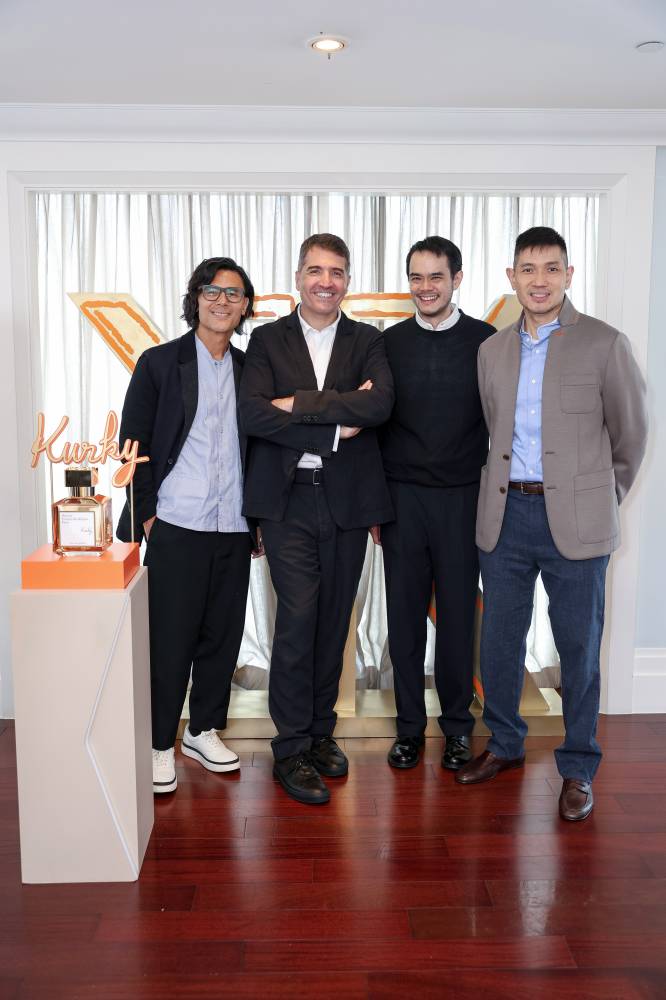
Piracy
The celebration of copycats pulls the fragrance world to a very low level, and Chaya, who describes himself as an activist, is fighting hard to bring it back to a “beautiful level.”
“It’s piracy, but there is no piracy in the fragrance world. In music, if you copy Beyoncé, you know it’s piracy and theft of (intellectual property),” he said. “It’s about time we change. We changed it in so many instances: We changed it for women’s rights. We changed it against racism. We changed it for the gay population. It’s about time we create a #MeToo movement for perfumers.”
Denying perfumers’ artistry and ownership of their creations has allowed other people to steal their work and mismanage their talent. So it has been Chaya’s mission to put perfumers back on center stage and enable them to reclaim their very existence.
“We call a perfumer a nose,” said Chaya. “To me, ‘nose’ is an N-word. Why? Is Picasso an eye? Is it just because he has good eyesight that he can paint? Is Mozart a finger? Is it just because he has agile fingers that he became one of the greatest composers in history? No, it’s about the genius of creativity.”
Perfume, he asserted, is not about the ingredient. “We don’t care about the rose—a rose is a rose. What we care about is where can we take the emotion, using essential oils to create something that makes us feel better, uplifted, sensual, sexy, happy.”
During his decades-long career, Kurkdjian, the perfumer, conceived unforgettable scents for Jean Paul Gaultier, Burberry, and Dior, and swept the world over with his own brand’s fresh and vibrant Gentle Fluidity Gold, elegant Grand Soir, and airy Aqua Universalis. Baccarat Rouge 540 is his masterpiece.















